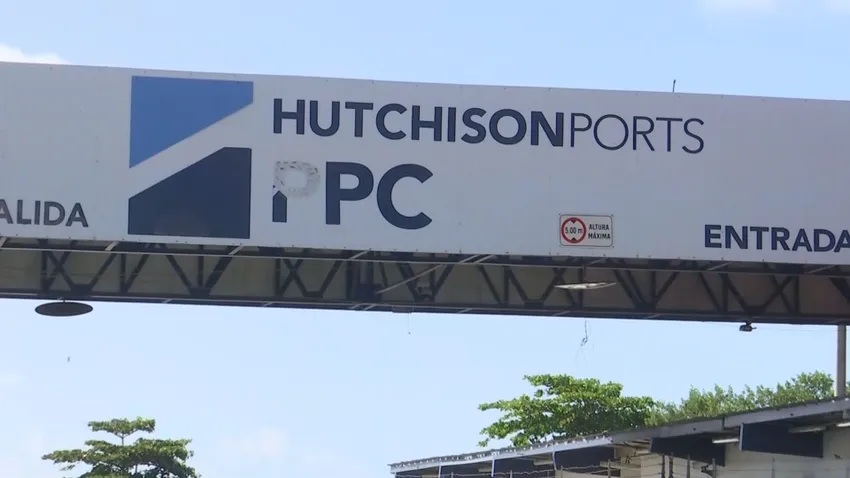Deputies hustle bill to protect them from extended investigation

A controversial bill that could quickly put Panama’s elected deputies out of reach of the law got its second reading the week ending October 29.
The bill seeks to remove the Attorney General's power to investigate deputies. The task would fall solely on the Supreme Court, which in a period of four months would have to investigate and issue a ruling. The time would be extendable by 20 days, but if a decision was not reached then, the case will be become extinct.
 Currently, the Court decides which cases should be investigated and what should be archived. Then a judge is appointed as a prosecutor, to investigate the case.
Currently, the Court decides which cases should be investigated and what should be archived. Then a judge is appointed as a prosecutor, to investigate the case.
This system has no time limit to deliver its decision.
The new rule will mean that deputies are sure to be investigated while they are still members and have political connections, not when they cease to be, said constitutional expert Miguel Antonio Bernal.
But the move has received strong criticism from many quarters as the initiative will also make it harder for the public to report illegal acts of the "fathers of the fatherland."
Complainants will be forced, for example, to submit an "accurate, clear and detailed account of the fact attributed, place and time of implementation.” The previous standard did not asking for these requirements.
Carlos Lee, president of the Citizens Alliance for Justice, said it was "regrettable” that the deputiescreated obstacles so that they cannot be investigated. “Citizens cannot ensure that there is transparency with these requirements which are almost almost impossible to meet," he added.
Carlos Gasnell, coordinator of the Foundation for the Development of Civic Freedom, said that if before it was difficult to begin an investigation to a deputy, with the new standard nobody would dare to report irregularities.
He added that if the investigation was closed for lack of evidence, deputies, with all the power they hold, would have an open path for civil actions against whoever filed the complaint.
The proposal was put forward by deputy Hernán Delgado, who defended himself by claiming that what was sought was that "if there is any case against an elected official it would speed the judicial process."
In the past four months, the National Assembly has passed several bills that have generated public controversy. One of them was the reform of the Law of the University of Panama, which now allows immediate reelection of the authorities, including four-time rector Gustavo García de Paredes.
There were also the six laws that were rammed through Law 30 covering aviation, public procurement, the Police, and amendments the Penal and Labor Code and the Environmental laws
The so called sausage law led to widespread demonstrations, the deaths of at least two protestors, injuried to nearly 800, and possibly the deaths of four children from exposure to tear gas. {jathumbnail off}





